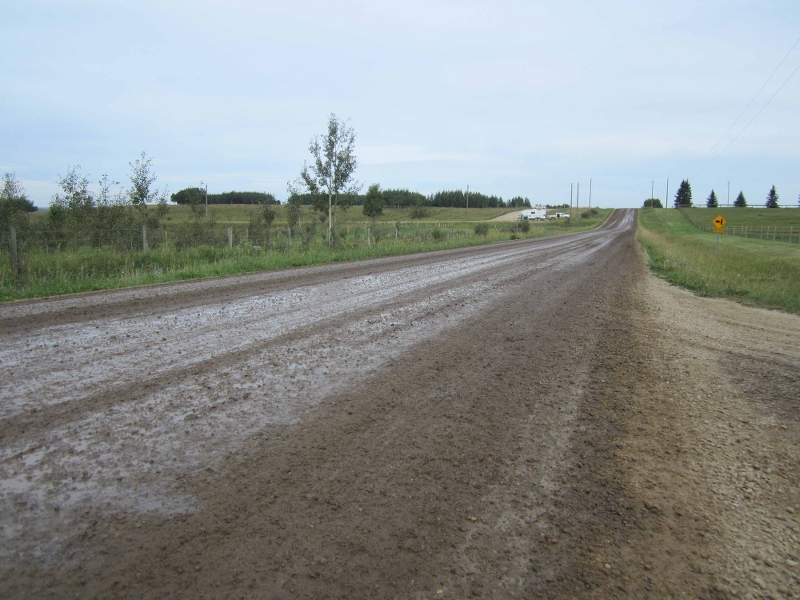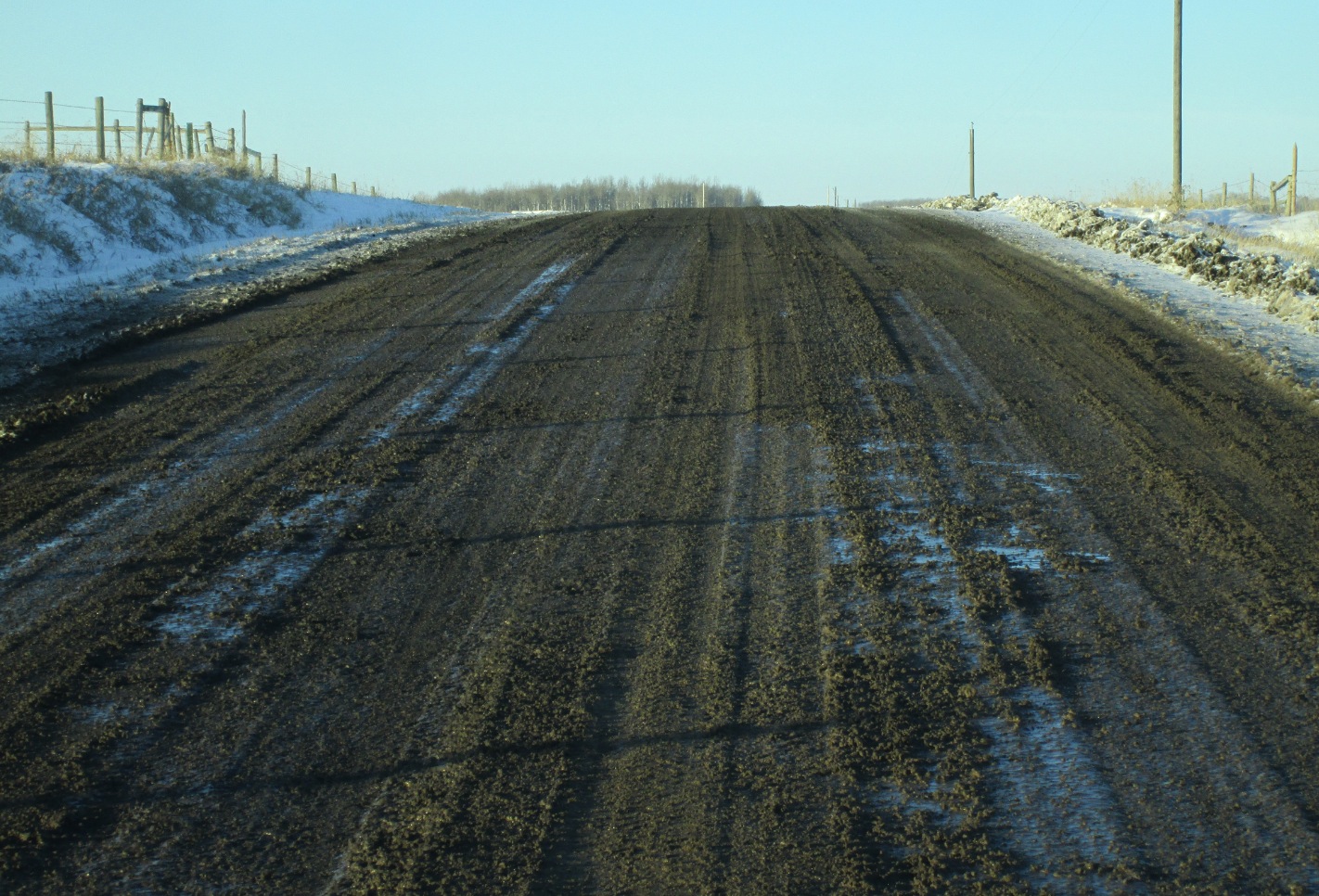A DEP permit has been issued to Range Resources, allowing the company to experiment with adding (radioactive) gas drill cuttings to the aggregate used to pave well pads and access roads.
PA citizens have 30 days to appeal the decision.
LAND RECYCLING AND ENVIRONMENTAL REMEDIATION, 44 Pa.B. 5494, August 16, 2014
RESIDUAL WASTE GENERAL PERMITS
Permit Issued under the Solid Waste Management Act, the Municipal Waste Planning, Recycling and Waste Reduction Act and Residual Waste Regulations for a General Permit to Operate Residual Waste Processing Facilities and the Beneficial Use of Residual Waste other than Coal Ash.
Central Office: Division of Municipal and Residual Waste, Rachel Carson State Office Building, 14th Floor, 400 Market Street, Harrisburg, PA 17106-9170.
General Permit Application No. WMGR097R025, Range Resources—Appalachia, LLC, 100 Throck-morton Street, Fort Worth, TX 76102. The registration to operate under General Permit Number WMGR097R025 is for research and development activities to support the beneficial use or processing prior to beneficial use. The project involves the beneficial use of vertical drill cutting from natural gas wells as an aggregate in a stabilized soil pavement for construction of Marcellus Shale and Utica well pads and access roads. The registration was issued by Central Office on August 1, 2014.
Persons interested in reviewing a general permit should be directed to Scott E. Walters at 717-787-7381, Chief, Permits Section, Division of Municipal and Residual Waste, Bureau of Waste Management, P. O. Box 69170, Harrisburg, PA 17106-9170. TDD users may contact the Department through the Pennsylvania Relay service, (800) 654-5984.
[Refer also to:
Michigan landfill operator suspends receipt of low-level radioactive waste
Aug 25 – A Van Buren Township hazardous-waste landfill operator, slated to receive up to 36 tons of low-level radioactive waste from a Pennsylvania fracking company, announced Monday that it will suspend receipt of such materials from all oil and gas operations pending a review by the state.
TENORM’s radioactivity, usually from the metal radium, accumulates from drill cuttings, soil, rock fragments and pulverized material removed from a borehole that may include fluid from a drilling process. It also can be present in flow-back water, which is the brine or other fluid injected into shale formations during fracking that makes its way back to the surface. TENORM also can result from other industrial practices and waste products.
Bill would keep other states’ radioactive fracking waste out of Michigan
Aug 21 – Sen. Rick Jones, R-Grand Ledge, said Thursday that he plans to introduce legislation to stop companies in other states, such as Pennsylvania, from dumping low-level radioactive waste materials in Michigan landfills.
The Free Press reported Tuesday that a hazardous-waste landfill in Van Buren Township, Wayne Disposal, is to receive up to 36 tons of low-level radioactive sludge from a fracking operation in Washington County, Pa. The sludge was rejected by landfills in western Pennsylvania and West Virginia. “I’m angry that this is occurring in ‘Pure Michigan,’ ” Jones said. “It could harm the tourism industry.”
Jones to sponsor bill to stop radioactive waste from being dumped in Michigan
Aug 19 – “I will be working to adopt the same tough standards as other states because the risk that this type of waste may pose to our lakes and rivers is simply too great,” Jones said. “Michigan needs to send a loud and clear message to other states that we don’t want their radioactive sludge.
“It is not just about protecting Michigan residents; it is about being responsible with how we protect the world’s largest collection of fresh water.”
Questions linger after Encana spreads toxic chemicals on northern Michigan roads
Oil companies spray roads in the Lochend area, Alberta FrackingCanada Fracking Rocky View County


